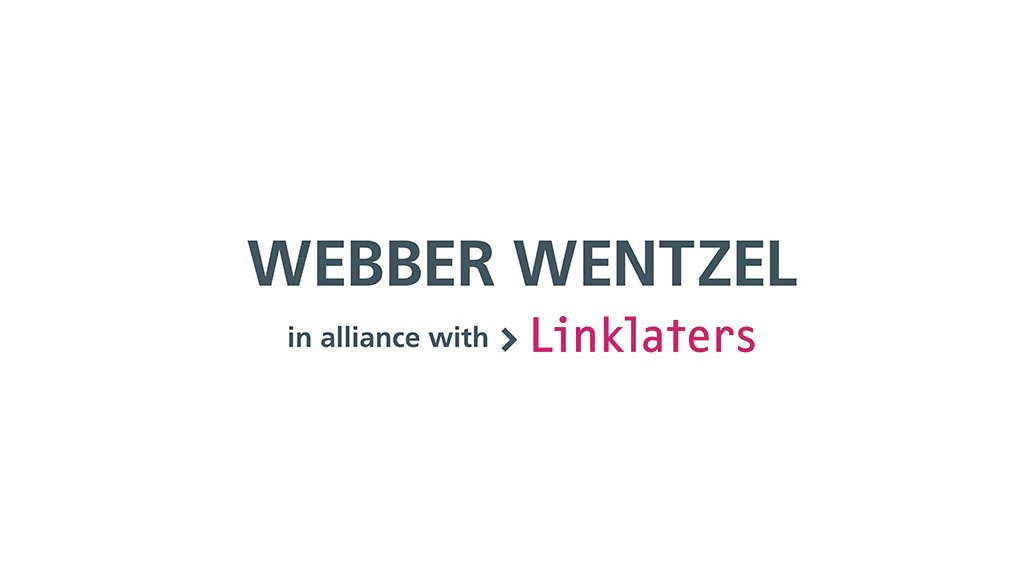The draft version of the 2016 tax amendments sought to tax all dividends received by employees holding restricted stock units as ordinary income.
“That would have increased the tax on such dividends from 15% to 41% in many cases,” notes Dan Foster, a director in the tax practice at Webber Wentzel attorneys.
“The impact on BEE employee share trusts, in particular, would have been punitive,” he adds.
“Although these dividends would effectively be taxed as a bonus, no tax deduction for the payment, or the original shares issued, was allowed for the employer. Advisors and professional organisations engaged closely with National Treasury on this point, resulting in the amendment being put on hold. It is expected that revised tax proposals along similar lines will, however, appear in future,” explains Foster.
“The final version of the tax amendments instead targets specific arrangements which National Treasury believe are an abuse of the tax rules concerning employee share incentive schemes,” says Foster.
“Generally, an employee's restricted stock unit will not be taxed until it vests or is disposed of, and amounts received in respect of that unit before it vests will not necessarily be treated as employment income,” he explains. “When the unit is an interest in a trust, for example, the trust may be able to pass through certain capital gains and dividends to the employee at much lower tax rates. Dividends are taxed at 15% and capital gains at 16.4%,” he adds.
Of particular concern to National Treasury was when companies repurchased their shares from an employee share trust, or liquidated the company in which the trust held shares. “Such transactions could be structured to generate a dividend, taxable at 15% in the hands of employee trust unit holders. However, from 1 March 2017, such dividends will be taxable at normal income tax rates when they accrue to employees holding so-called restricted equity instruments,” explains Foster.
Although the amendments are aimed at tax avoidance arrangements, it is likely that many legitimate existing schemes will be impacted by the changes. “A takeover deal, for example, may often involve a subscription and buy-back of shares, which would trigger this provision for employee shareholders, as would a sale of business, or company amalgamation, resulting in liquidation. Share schemes and Mergers & Acquisitions (M&A) deals should therefore be structured with these new provisions in mind,” cautions Foster.
EMAIL THIS ARTICLE SAVE THIS ARTICLE
To subscribe email subscriptions@creamermedia.co.za or click here
To advertise email advertising@creamermedia.co.za or click here











